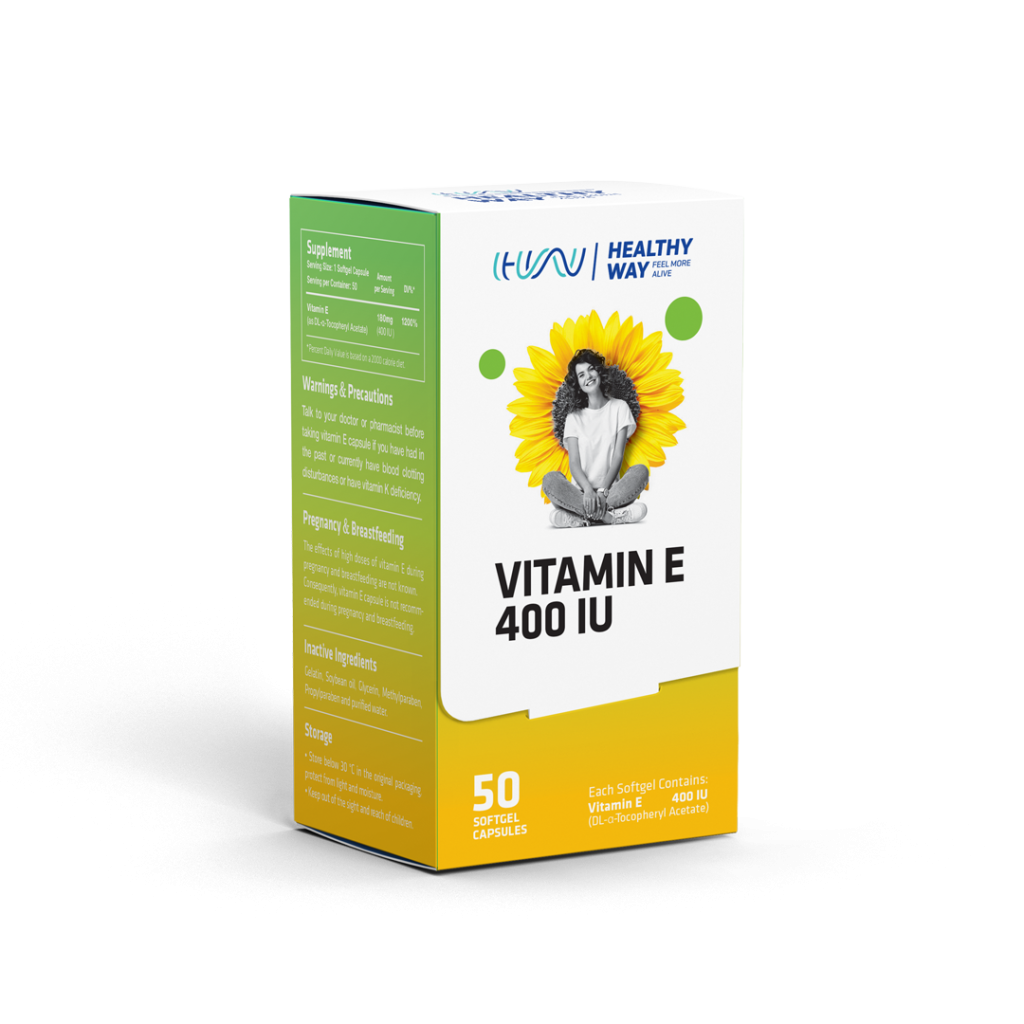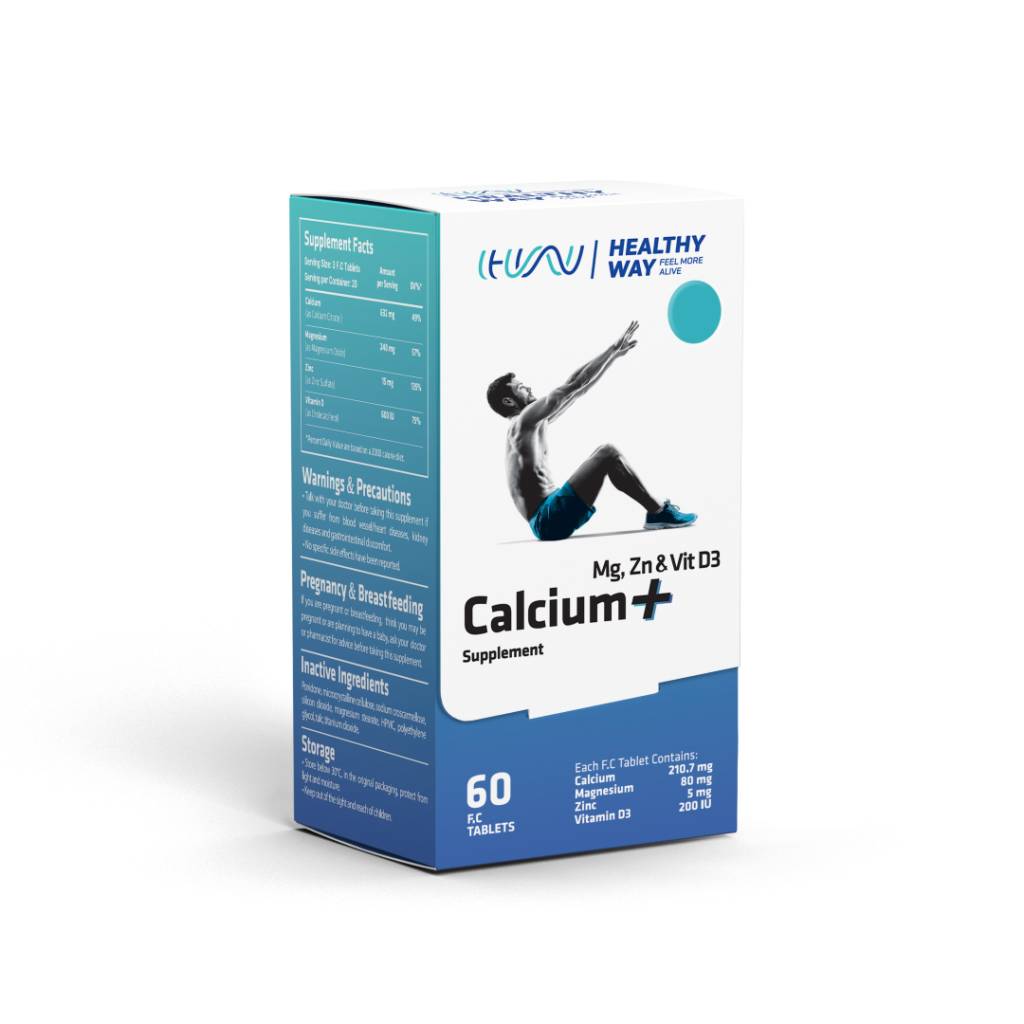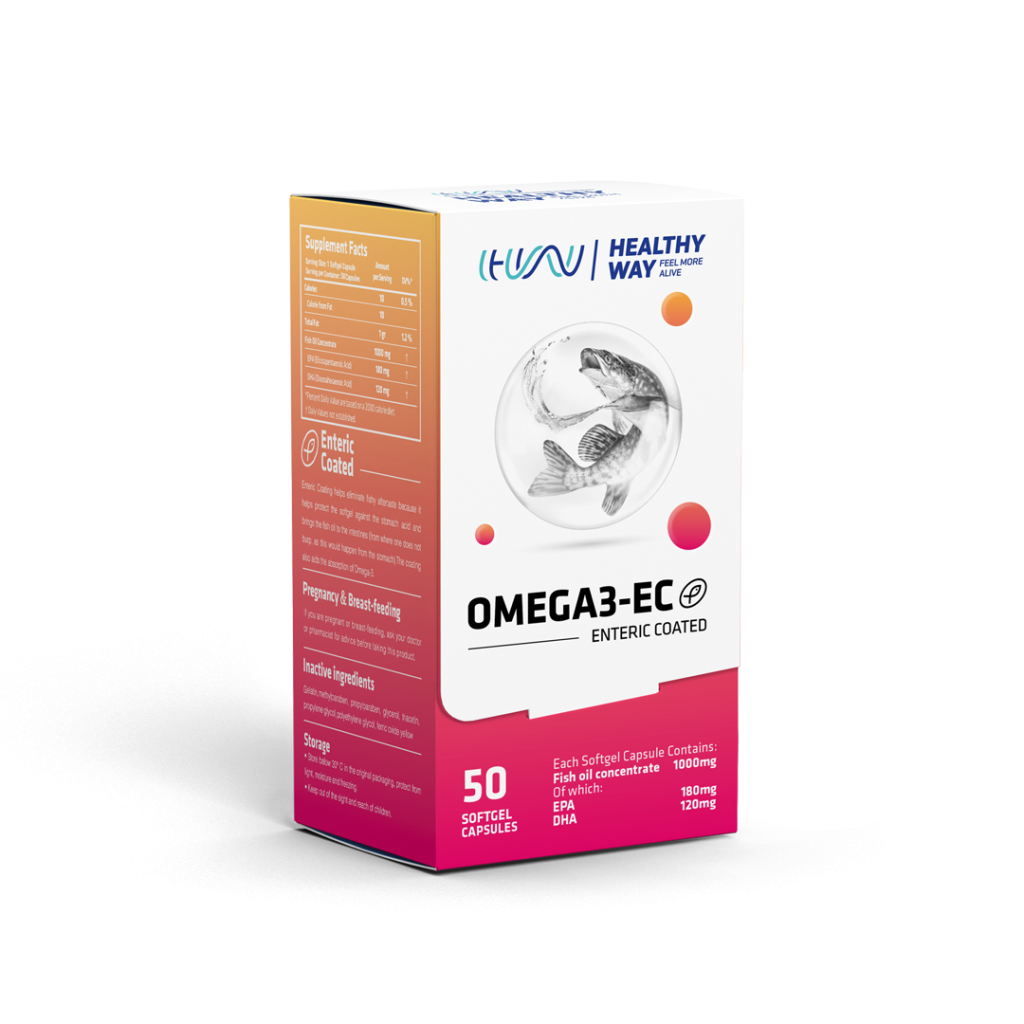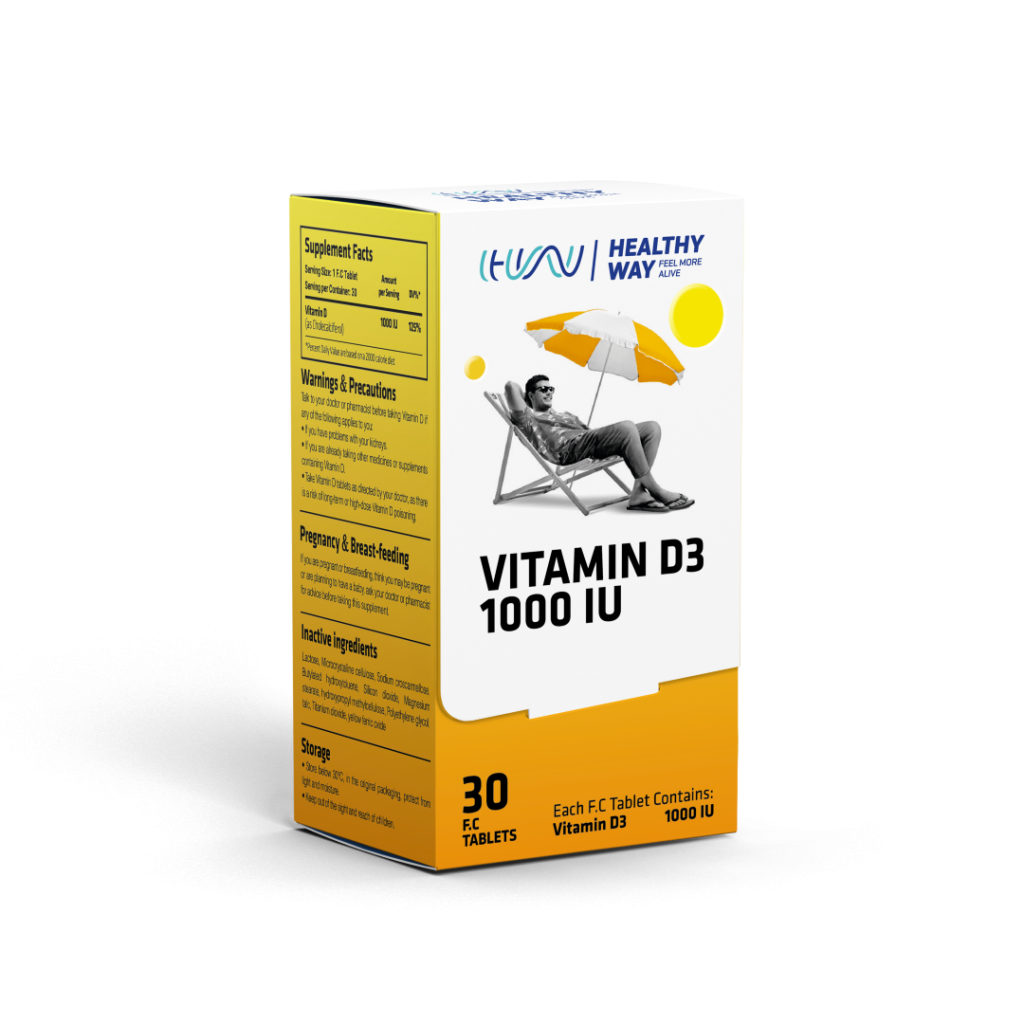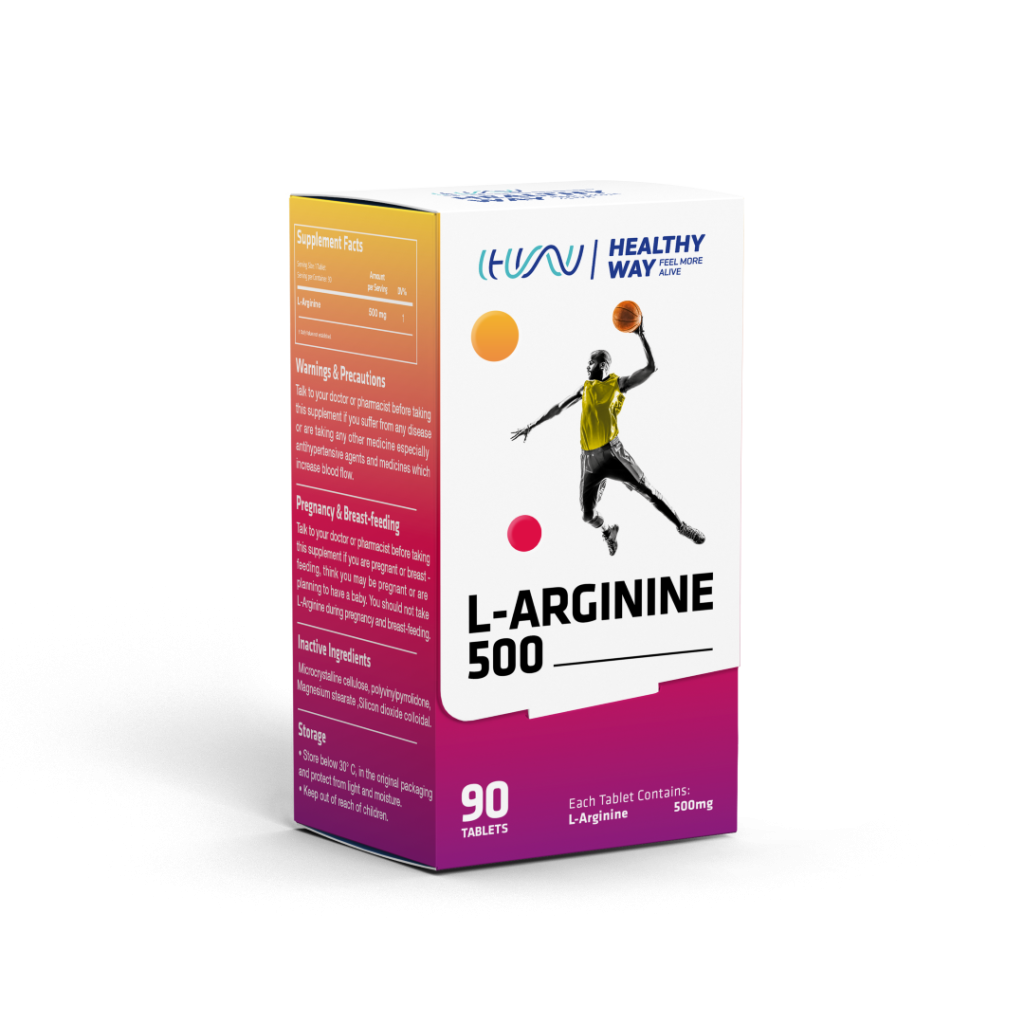Finding the right time to take each dietary supplement to maximize absorption can be challenging. Most of the information on determining the right time to take supplements is myth information that has no scientific basis. On the other hand, not enough studies have been done in this field.
In this article, an attempt has been made to briefly answer this question in terms of nutritional knowledge.
Vitamin C
There is no specific time for taking vitamin C supplements for healthy people. But it is recommended not to consume it in the second half of the day and hours before sleep, due to the increased risk of kidney stones, especially in people with a high risk. Obviously, it is recommended to drink a lot of water when taking high-dose vitamin C supplements.
Vitamin C also increases iron absorption. People with polycythemia and high iron levels should avoid taking this supplement with iron sources.
Vitamin B Groups
Most B vitamins play a role in energy metabolism. For this reason, at least theoretically, it is better to take B-complex supplements in the morning after waking up. Taking some vitamins of this group, such as B6, at night and before going to sleep may disturb the sleep.
It is recommended to take this supplement on an empty stomach because some food components can interfere with the absorption of some vitamins of this group such as B12.
Vitamin D
There are few studies that show that high levels of vitamin D can reduce sleep quality. An inverse relationship between high levels of vitamin D and melatonin has been seen in some studies. Although more studies are needed, but as a precaution, it is recommended to take this vitamin in the first half of the day.
Like all fat vitamins, it is better to take this vitamin with fatty meals, according to the above point, breakfast or lunch or even a snack containing healthy fats.
Vitamin E
The reality is that there is not enough evidence to recommend taking vitamin E supplements at specific times of the day. You can take this supplement at any time of the day according to your medical and nutritional considerations.
The repeated recommendation is to take a fat-soluble vitamin supplement with a fatty meal, although one study has shown that if the intake of fat during the day is sufficient, taking a vitamin E supplement without a fatty meal, results in relatively good absorption. There is little evidence to suggest that taking vitamin E and vitamin C together can be beneficial, while some studies have not reported any specific results. However, if you take a vitamin E supplement with a fatty meal along with sources or a vitamin C supplement, you are not missing anything.
Vitamin A
In this case too, no time of the day or night has priority over another time. Like other fat-soluble vitamins, it is better to take it with meals containing fat.
Vitamin K
Vitamin K can be taken at any time of the day, taking into account drug and food interactions (if taking vitamin K1). As always, it should be said that it is recommended to be taken with fatty meal.
Calcium
When and how to take calcium supplements depends to a large extent on salt of these dietary supplements.
It is recommended that calcium supplements be taken in the first half of the day due to the possibility of kidney stone formation (there is no this complication in calcium citrate salt). Also, due to GI complications such as constipation (especially in calcium carbonate), if calcium supplements are taken at the end of the day, this complication can worsen.
Supplements containing calcium citrate salt can be taken with or without food, but in supplements containing calcium carbonate, it is recommended to take them with food, The acid produced by the stomach during eating helps the body absorb calcium carbonate. It is not bad to say that adequate levels of vitamin D are necessary for optimum absorption of calcium, but it is not necessary to consume them together.
Magnesium
So far, according to studies, it is not possible to recommend a specific time for taking magnesium supplements for better absorption or better performance, in fact, it is important to take it continuously, not to take it at a specific time. But due to the laxative properties of some salts such as citrate and oxide, it is recommended not to consume them at night because they can cause you to wake up to go to the restroom in the middle of the night.
Taking magnesium supplements without or with food depends on its salt content. Magnesium glycinate, which has good bioavailability and does not cause gastrointestinal side effects, can be taken without food. Magnesium citrate, which has good absorption, is recommended to be consumed with food due to its laxative properties. Magnesium oxide is not well absorbed and has high digestive side effects, so it is strongly recommended to take it with food.
Zinc
No specific time is recommended for zinc consumption. It is better to take it on an empty stomach for better absorption and prevent common interactions. If it causes digestive discomfort, it can be taken with food.
Iron
There is some evidence to supports the idea that taking iron supplements in the morning is more effective.
In general, for better absorption, it is recommended to take iron supplements on an empty stomach. But this is not possible for most people due to digestive complications, especially in the case of traditional salts such as ferrous sulfate. Consuming iron supplements with food reduces gastrointestinal side effects and also reduces absorption efficiency. Although, forms such as Bisglycinate, sucrosomial, polysaccharide iron complex and iron-chelating peptides have less GI side effects and also less interference with some dietary components.
References:
- Whitney E, et al. Understanding nutrition: Cengage Learning; 2019
- Catharine RA, et al. Modern nutrition in health and disease; 2014
- Golan D, The influence of vitamin D supplementation on melatonin status in patients with multiple sclerosis, Brain Behav Immun. 2013
- Mason C, Repletion of Vitamin D associated with deterioration of sleep quality among postmenopausal women, Prev Med. 2017
- Traber M, Vitamin E absorption and kinetics in healthy women, as modulated by food and by fat, studied using 2 deuterium-labeled α-tocopherols in a 3-phase crossover design, Am J Clin Nutr. 2019
- Rosen H, Calcium and vitamin D supplementation in osteoporosis, uptodate.com, 2023
- Werner T, Assessment of bioavailability of Mg from Mg citrate and Mg oxide by measuring urinary excretion in Mg-saturated subjects, Magnes Res. 2019
- Siebenthal H, et al. Effect of dietary factors and time of day on iron absorption from oral iron supplements in iron deficient women, Am J Hematol. 2023
- Grill A, Newer iron supplements for anemia, Can Fam Physician. 2019









